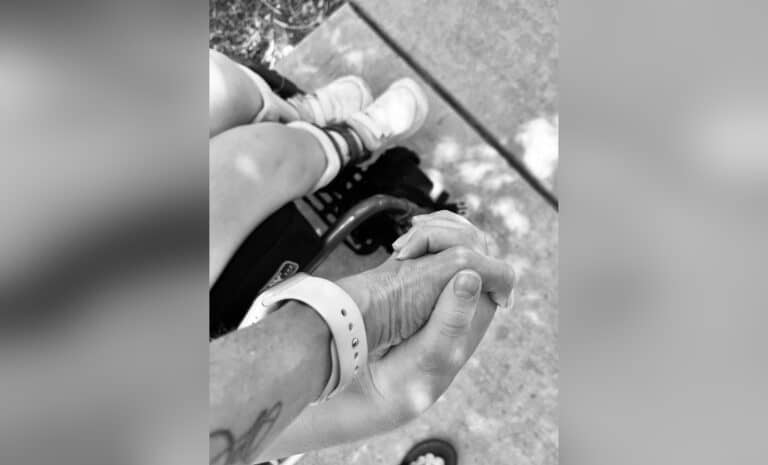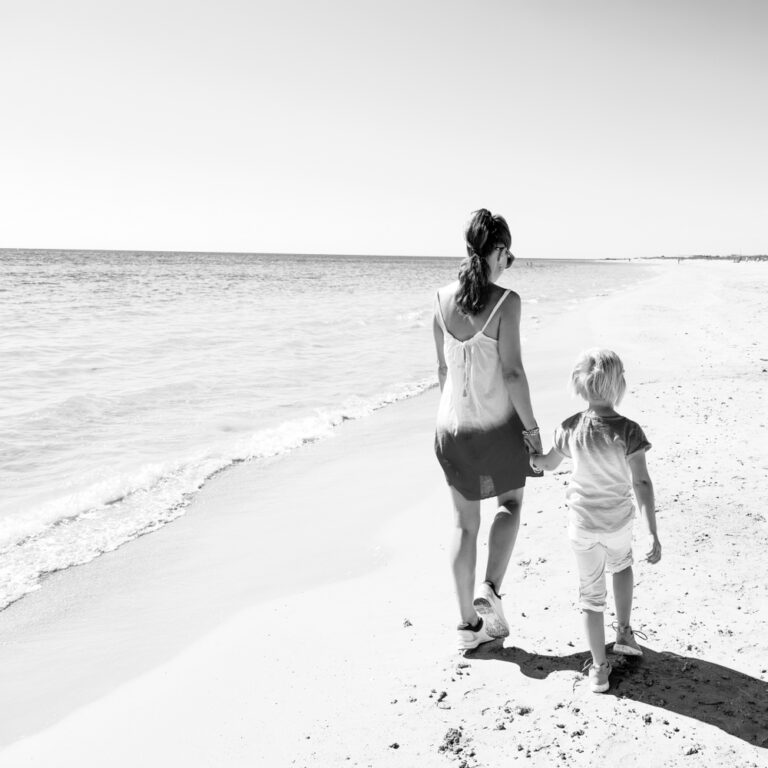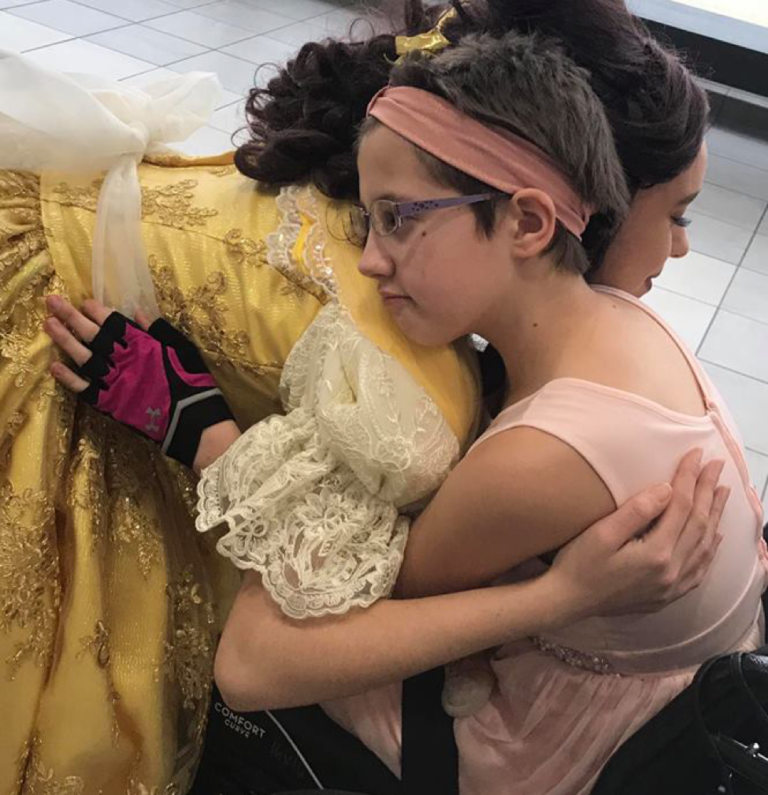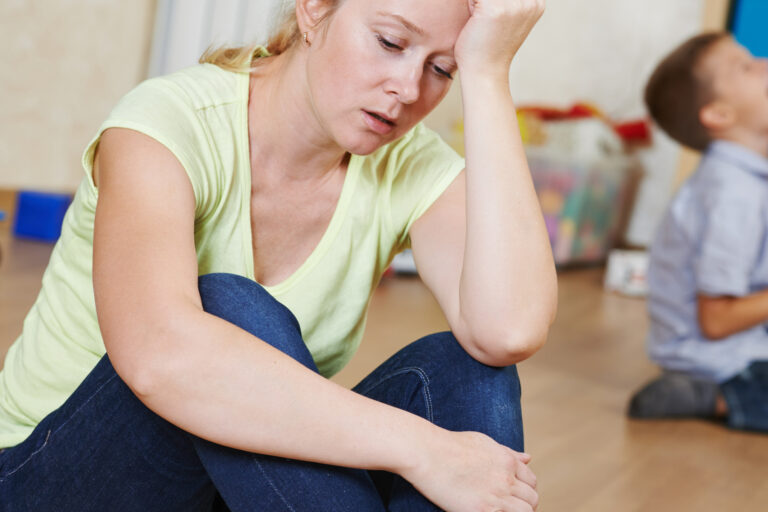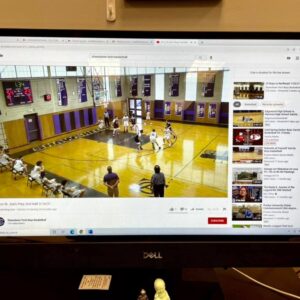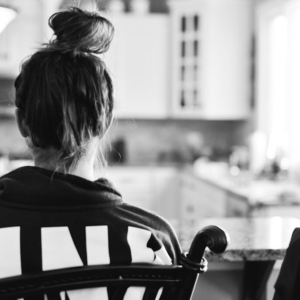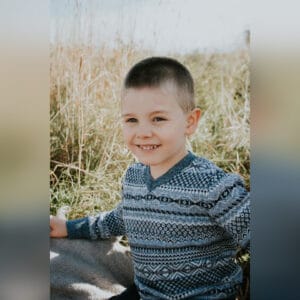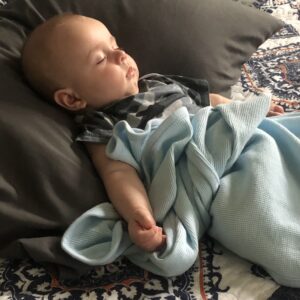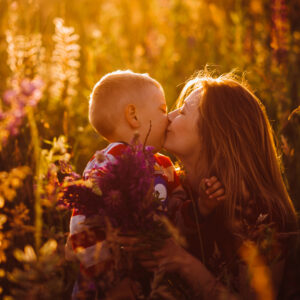Middle school is tough. I have three girls—two of them now teenagers—so I know firsthand how tween insecurities can quickly spiral into friend drama and subtle bullying. I’ve watched my girls get left out and left behind, and we’ve had lots and lots of talks about what it means to be a good friend.
And as much as I want to tell you it doesn’t hit differently with my third daughter, I can’t. Because it does.
When your tween daughter is in a wheelchair and has endured—and is still enduring—health and physical challenges that would destroy an adult, a mama’s heart can’t help but be extra tender when she is left out and left behind.
And as much as I’d like to tell you that the kids who showed acceptance to my daughter in her early years are still doing that, I can’t.
Because they aren’t.
It’s not that we haven’t tried to foster inclusion. And it’s not that it hasn’t worked. In those early years, we did our part. Since day one of preschool, we have been open about my daughter’s disability and obvious differences. We have always welcomed questions and curiosity from her peers.
Every year, I’d send home a letter to her classmates’ parents explaining my daughter’s differences and encouraging parents to talk to their kids about them. I was also sure to point out all of her similarities. Yes, she wears orthotics and uses a wheelchair—ask her to do a wheelie!—and yes, she has to visit the nurse a few times throughout the day, but she also loves the color pink and eating pizza and playing with her friends.
And every year, during the classroom’s annual “All About Me” presentations, my daughter would share about her life just like everyone else, and then I would stand beside her and we’d take some time to talk about her physical challenges and answer any question the kids had. Her disability was never a secret, and my daughter knew that every single part of her was worth celebrating. I could tell the kids also loved being able to voice their valid questions without feeling hushed or ashamed.
RELATED: Please Talk to Your Kids About Mine
Our attempts weren’t perfect and were probably clunky at best, but they seemed to work. Once the obvious questions were answered, the kids were able to move on and just get to know my daughter for who she was, not how she got around. We got invited to birthday parties and the occasional playdate. I could tell the parents in our community were being intentional, and it gave me so much hope.
But as the years went on, it got harder and harder to find friends who stuck around.
We did our best to keep up relationships, and I desperately tried to keep empowering my daughter. In fourth grade, my brave girl sat in front of her entire student body—hundreds of kids—and gave a presentation about differences and then fielded follow-up questions like the mayor. Once again, I was proud and hopeful.
Then COVID hit, and just like that, all of our effort dissolved into thin air. I know the pandemic was hard socially on every child, so I am not looking for pity or special treatment. But after talking to several moms in the special needs community, it has been made clear to me that we are not alone in our current struggle. COVID didn’t help, but that’s not the real issue. Conversation after conversation has revealed a truth that needs to be shared, even if it seems obvious:
Older kids in the special needs community are being left out and left behind, and it is not OK.
I can see how it happens. As kids get older, parents tend to back off and let friendships naturally take shape on their own. I have done that myself. The problem is that tweens and teens don’t naturally lean toward inclusion when they are socially developing. Instead, they lean toward acceptance at any cost.
No parent wants to believe their kid is capable of intentionally leaving anyone out, let alone bullying someone for their differences, but I can tell you firsthand that it is happening. Kids who were once nice to my daughter have been more than dismissive—they have been outright mean.
We can’t assume the lessons we taught our kids early on stick with them as they get older and their priorities change. We need to keep talking to them and reminding them to be inclusive and kind. We need to encourage them and empower them to be the one who extends the invite, scoots over at the lunch table, and makes the effort to see the person, not just the difference.
Conversations about inclusivity and acceptance aren’t one and done.
They can’t start in kindergarten and stop in second grade. We need to keep having them. I have had to have them with my own daughters. Yes, even they need to be reminded.
RELATED: Don’t Be Afraid to Talk to Your Children About My Child With Special Needs
So, this is my plea—and the plea of so many other heartbroken moms in the special needs community—talk to your older kids. Invite ours over. If you are unsure about how that will work out logistically, ask us, and let us decide if it is something we can figure out. Or better yet, have your kid ask our kid so they can decide if it is something they want to do. Sometimes, the invitation is enough. Our kiddos go through so much that basic acts of kindness hold more weight than we can explain.
Like any child, our kids deserve to be seen. They deserve to be treated with love and respect. They deserve friends who are kind and love them unconditionally.
Yes, middle school is tough. And as much as I’d like to tell you it isn’t harder for kids in the special needs community, I can’t.
Because it is.

If you liked this, you'll love our book, SO GOD MADE A MOTHER available now!
Order NowCheck out our new Keepsake Companion Journal that pairs with our So God Made a Mother book!
Order Now

